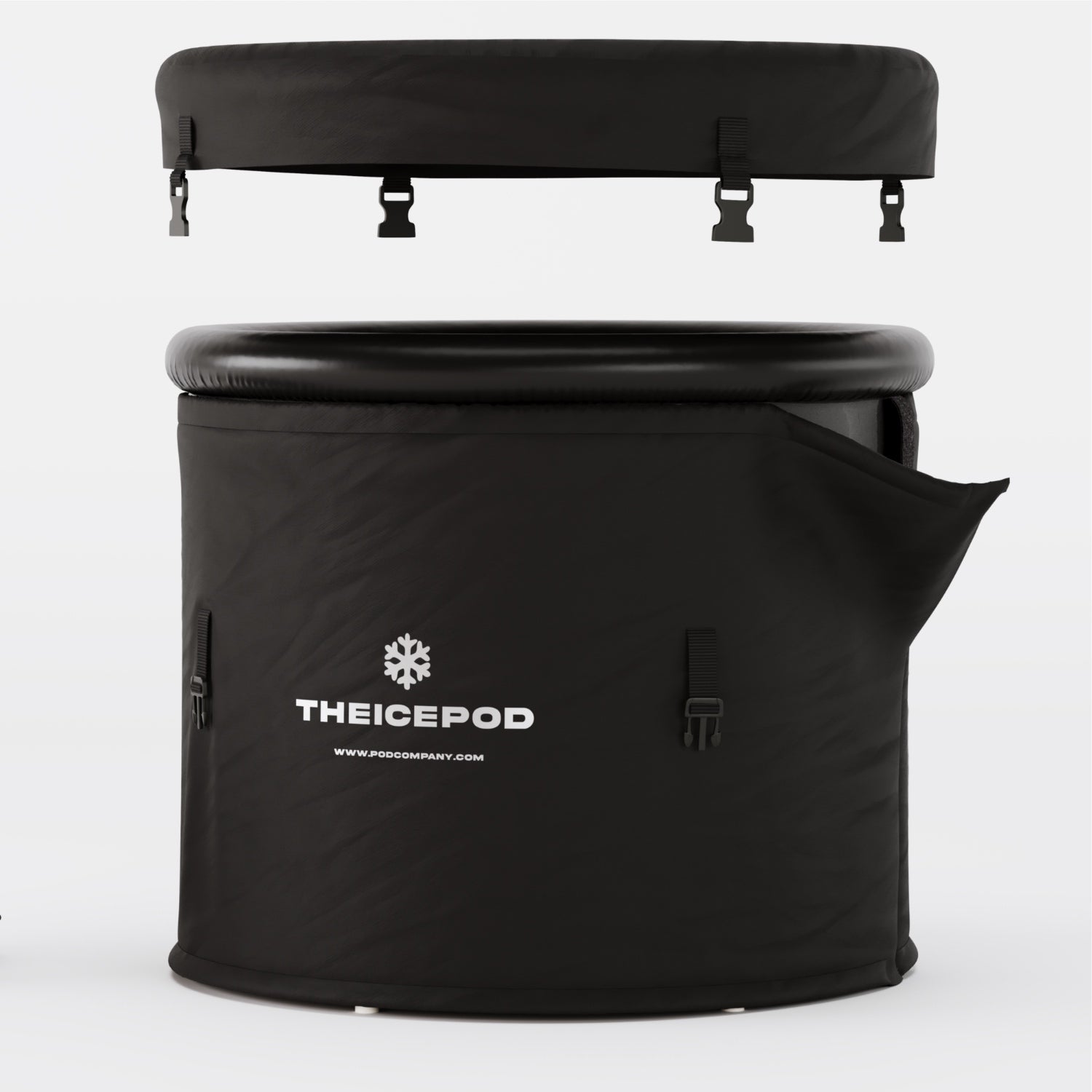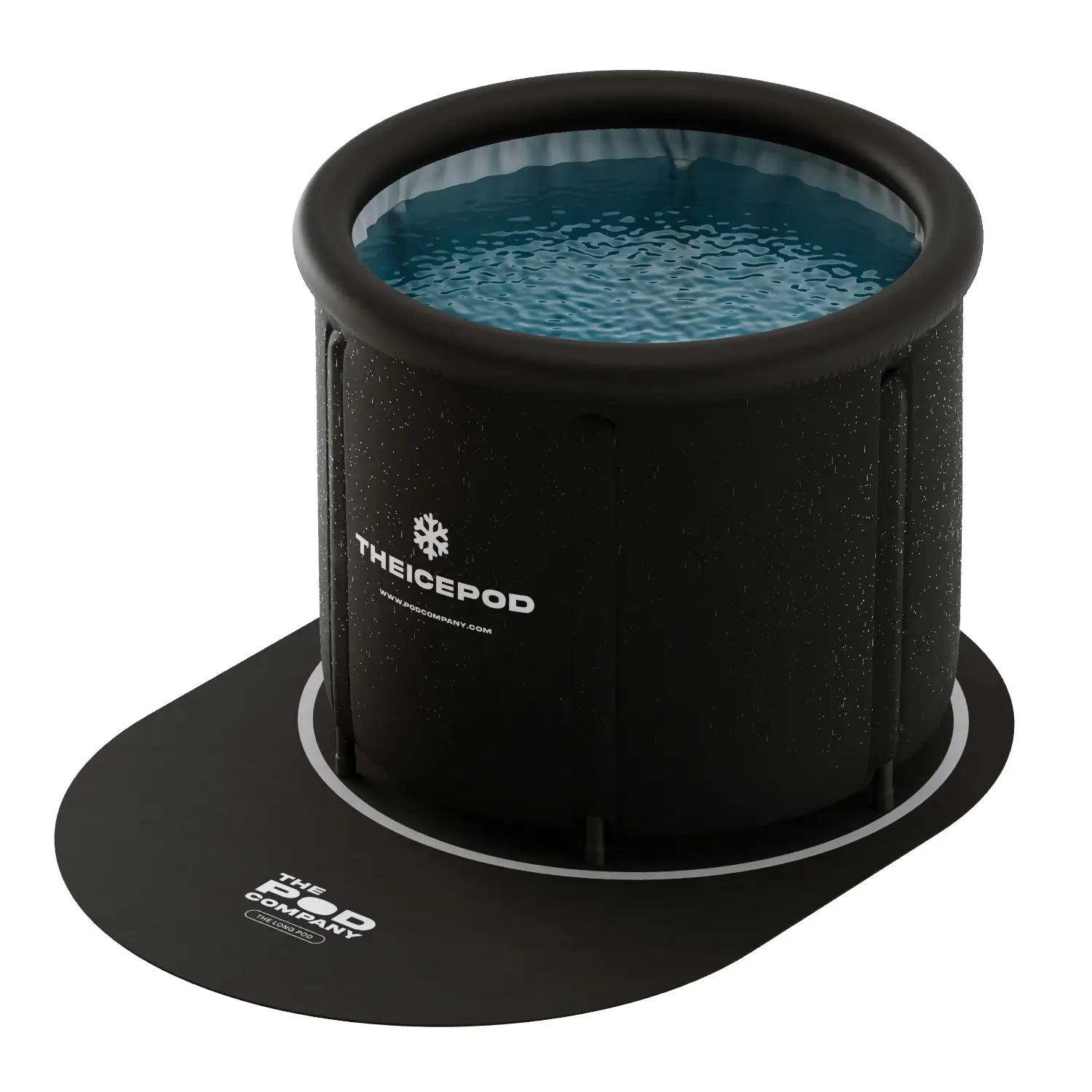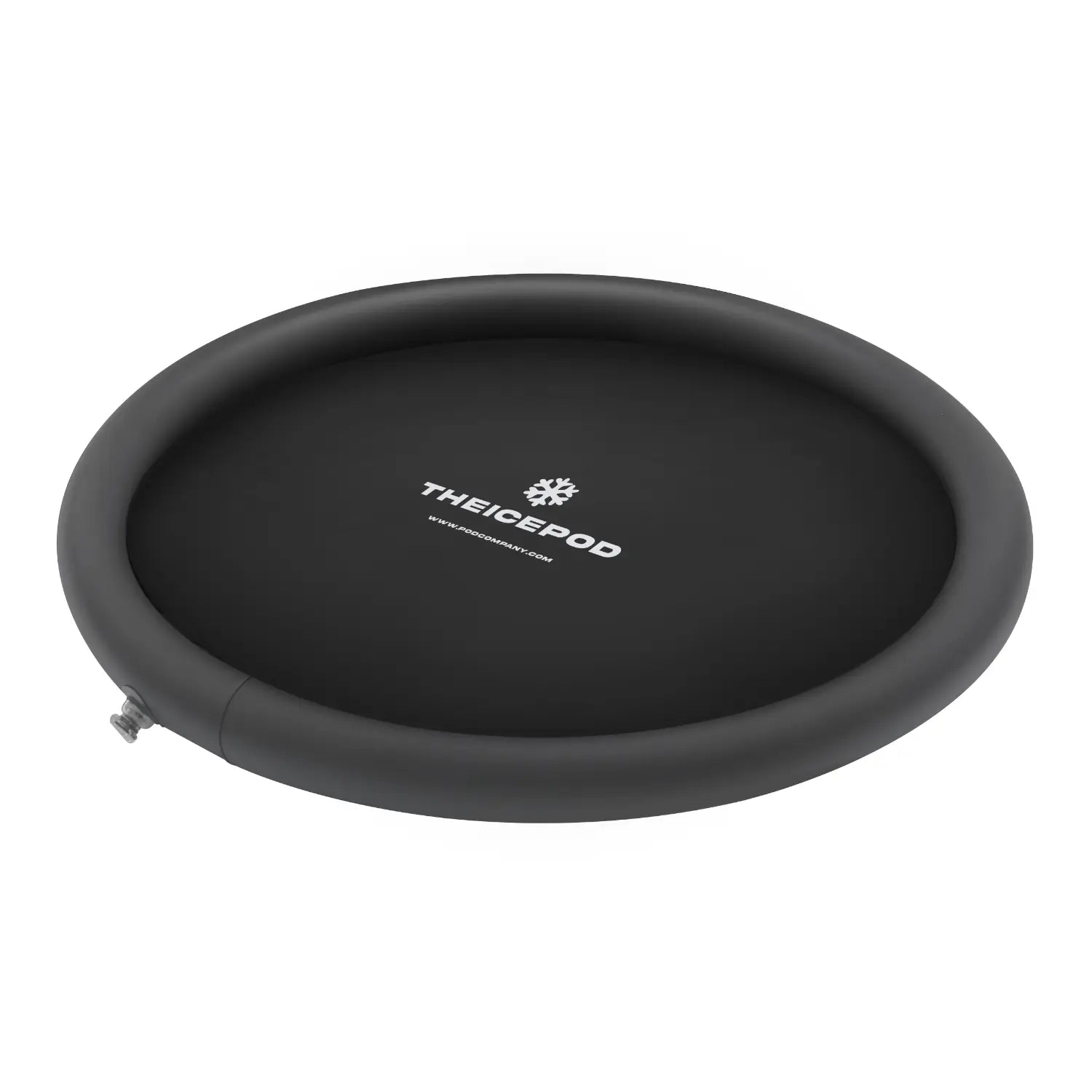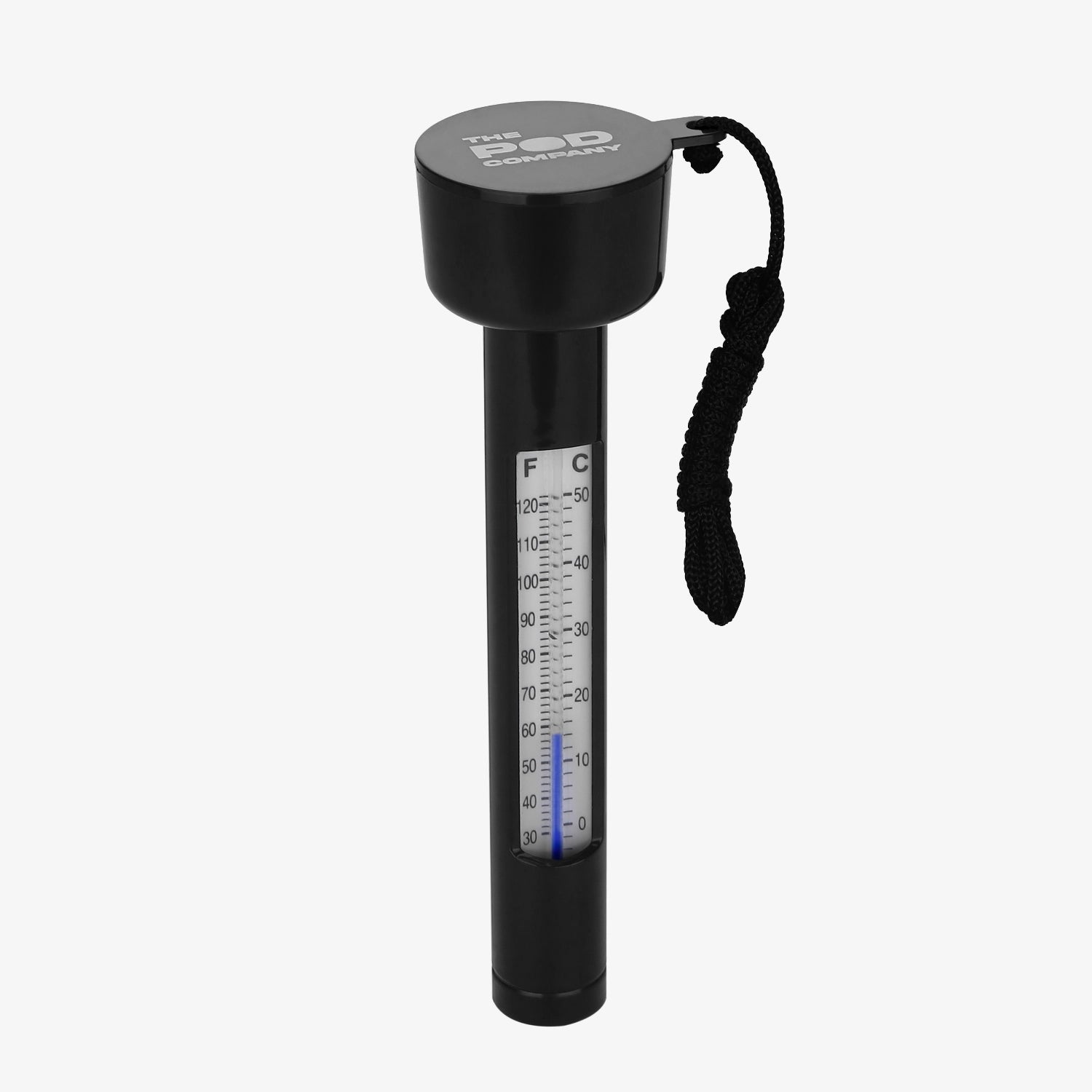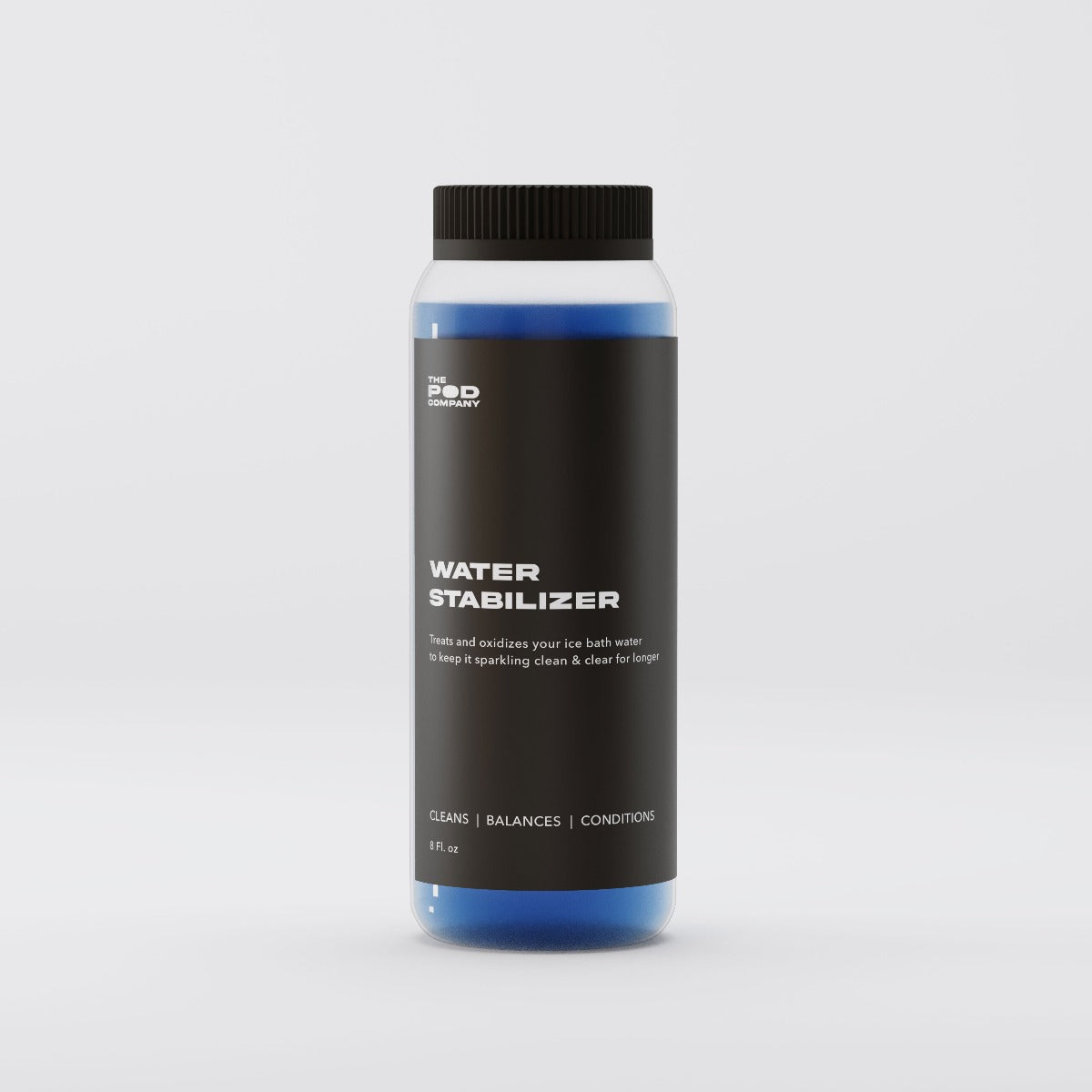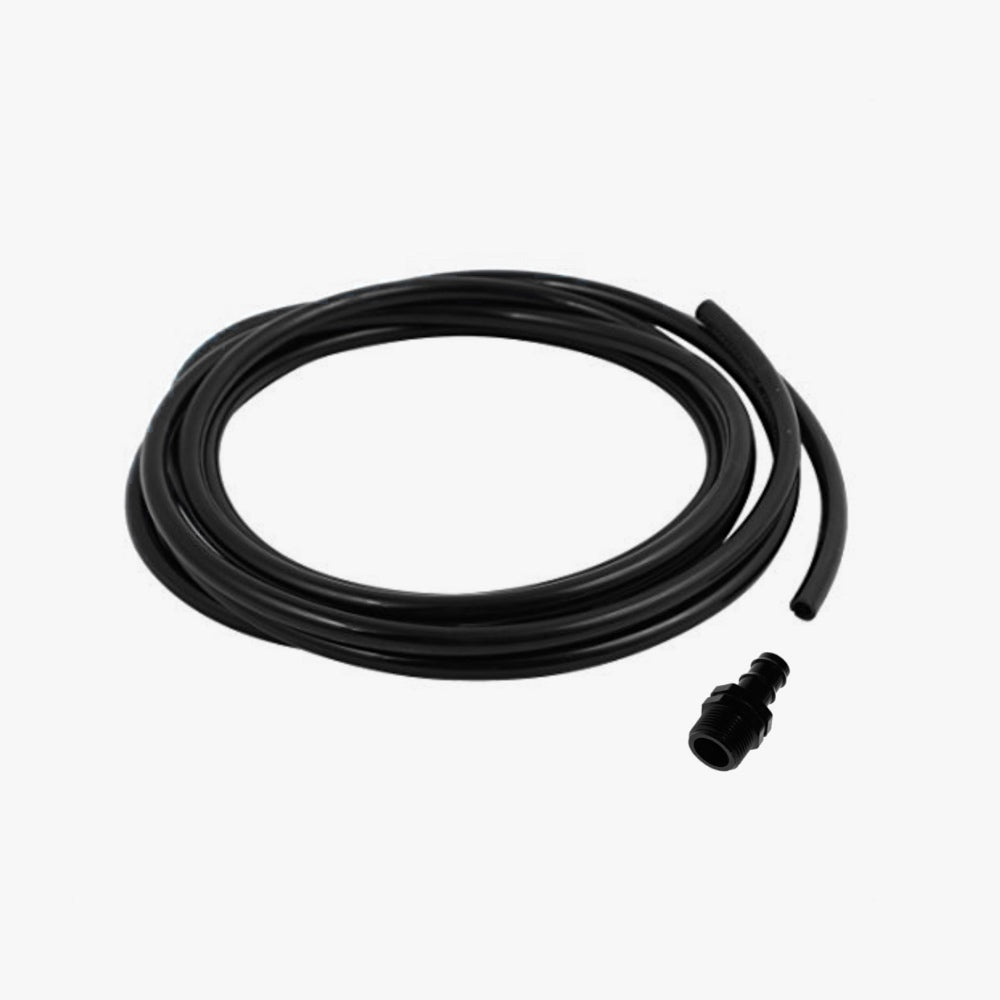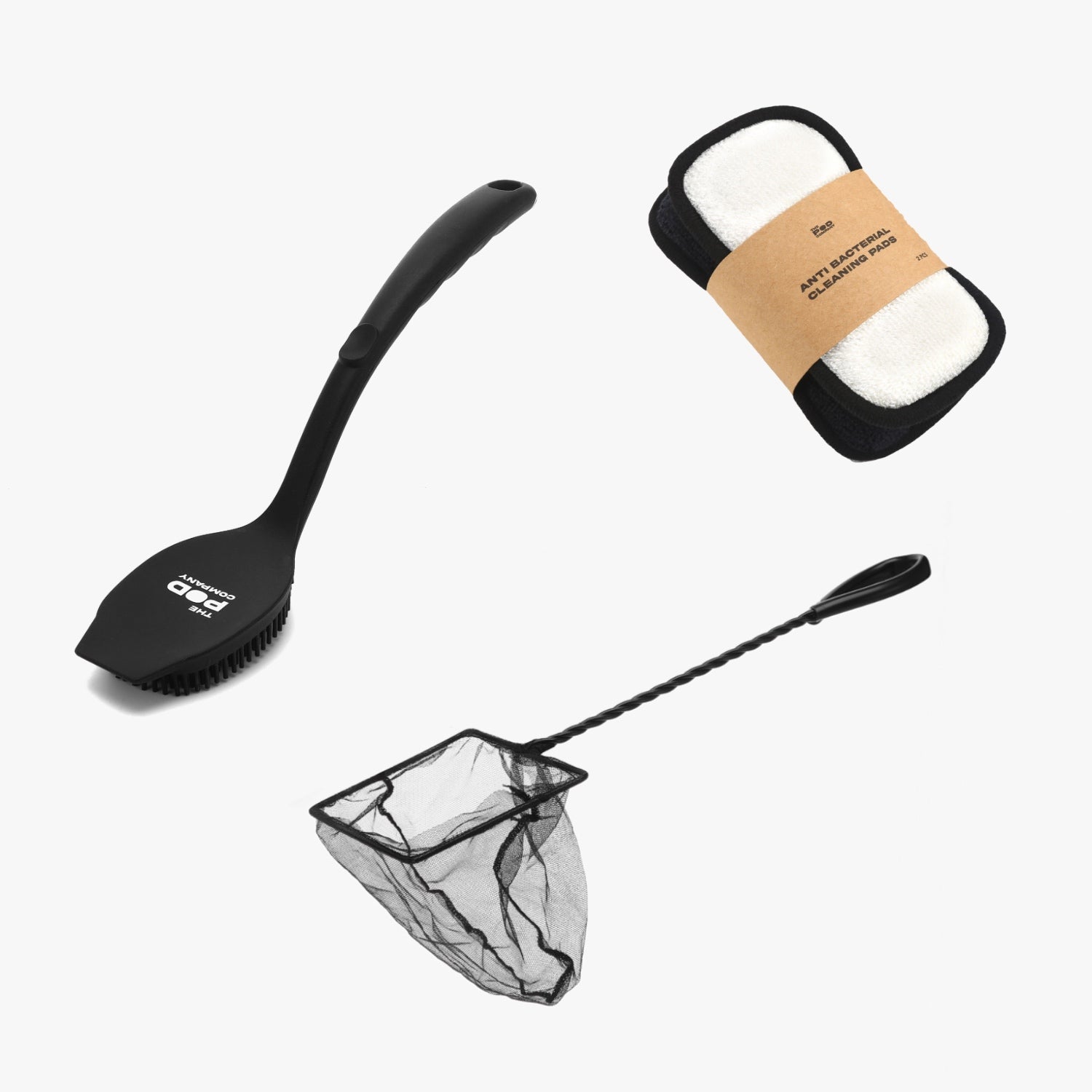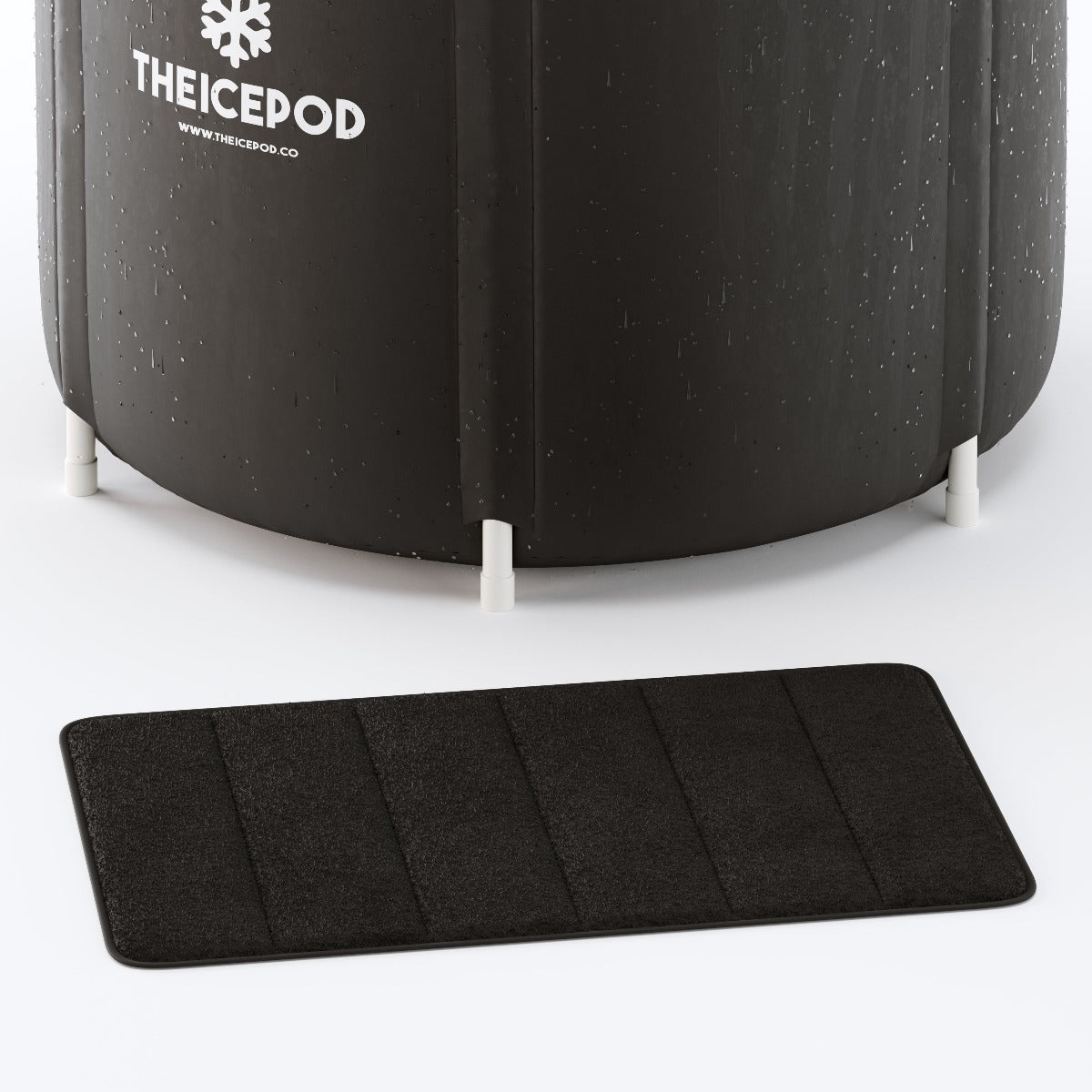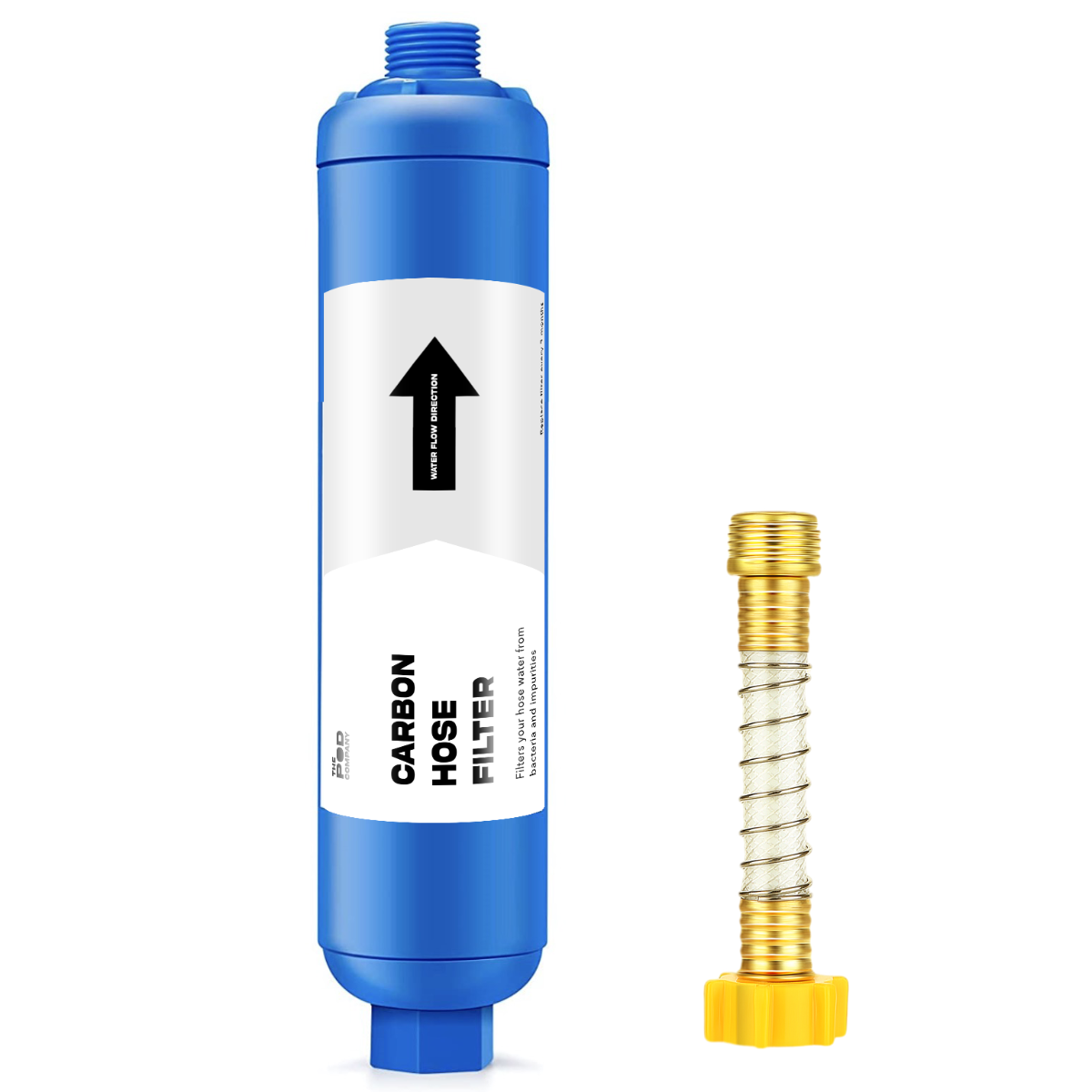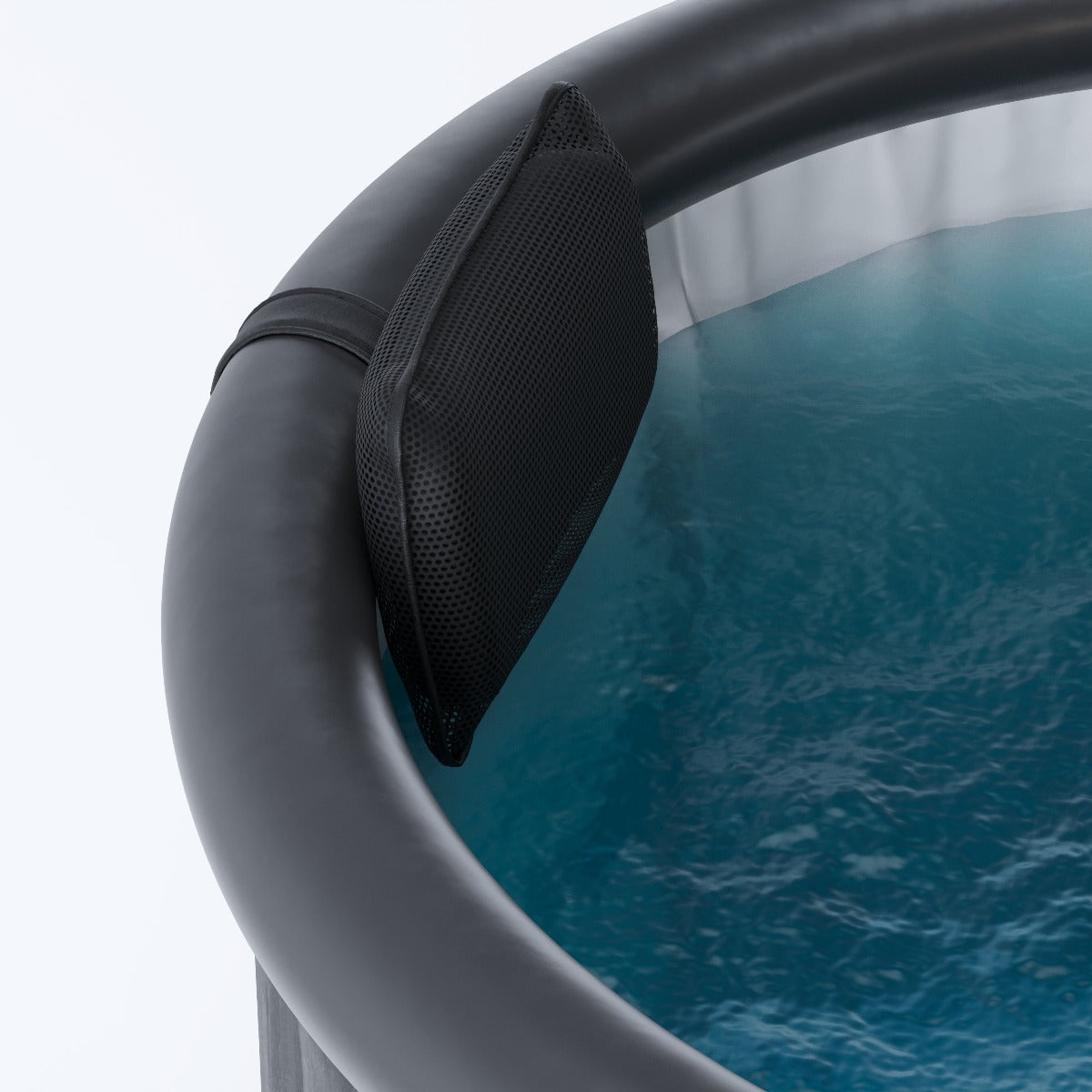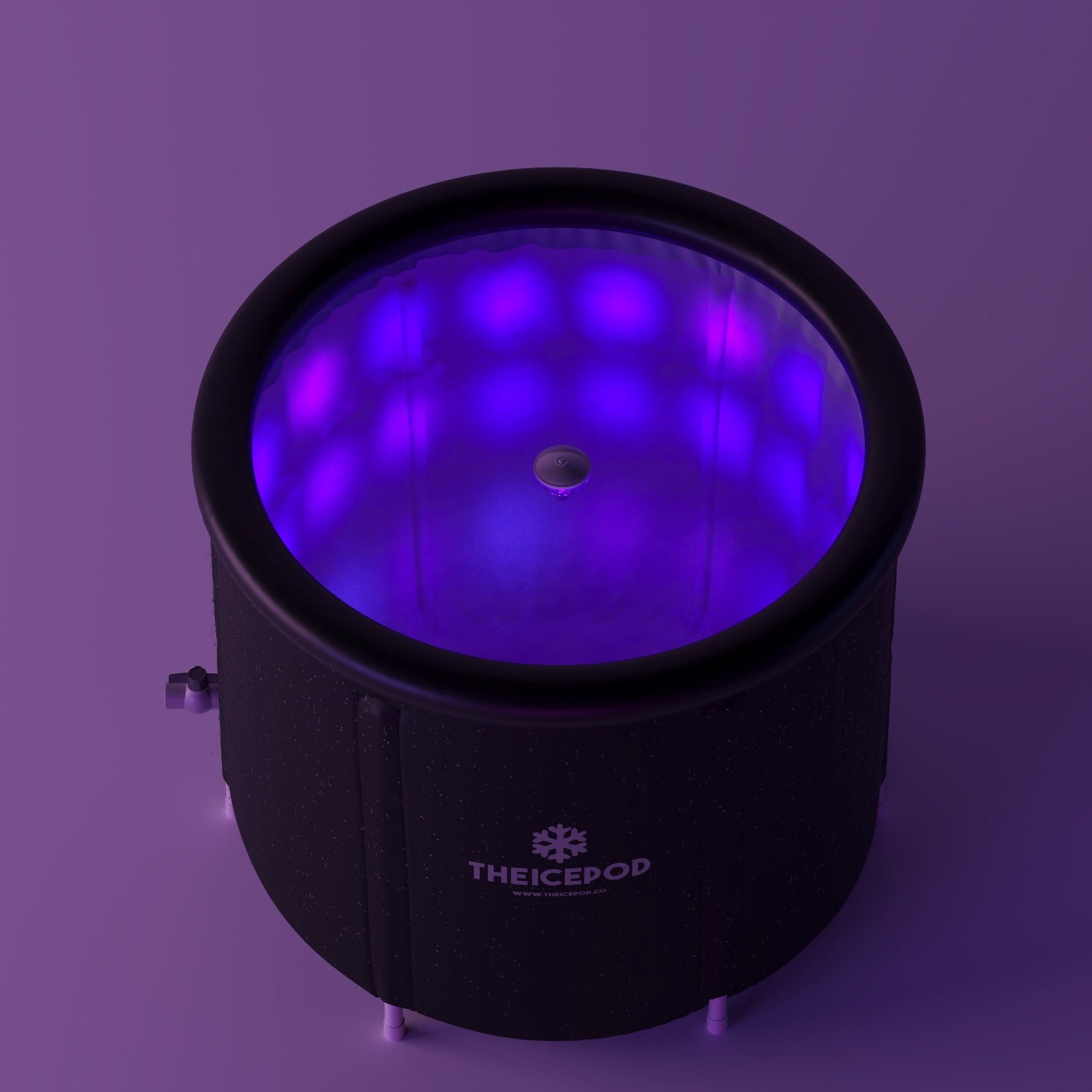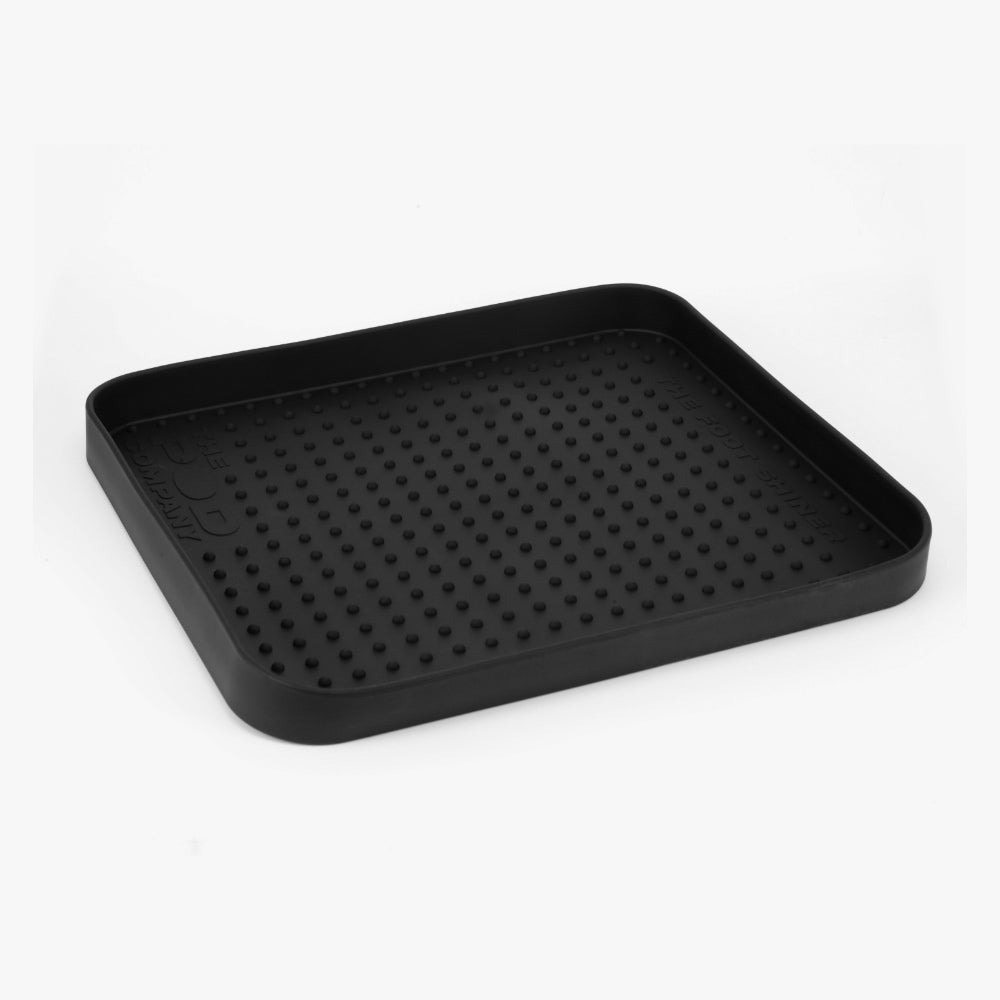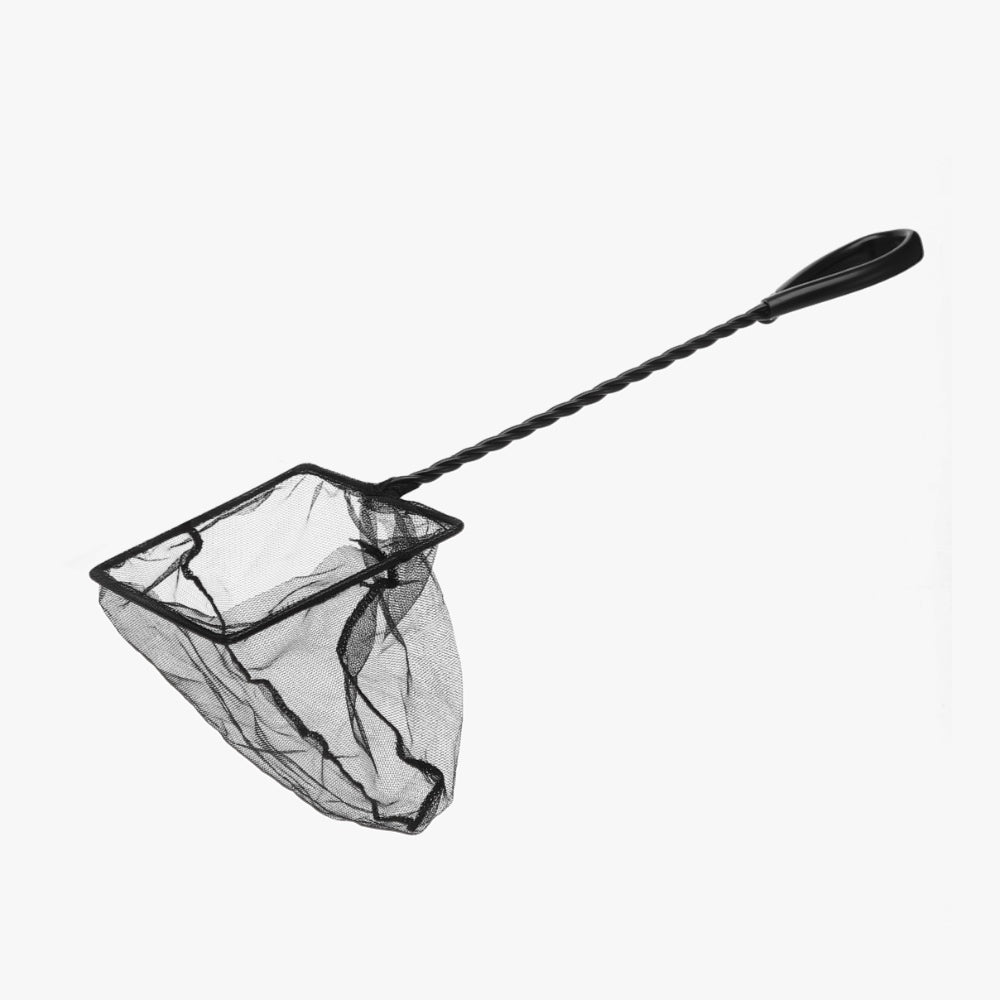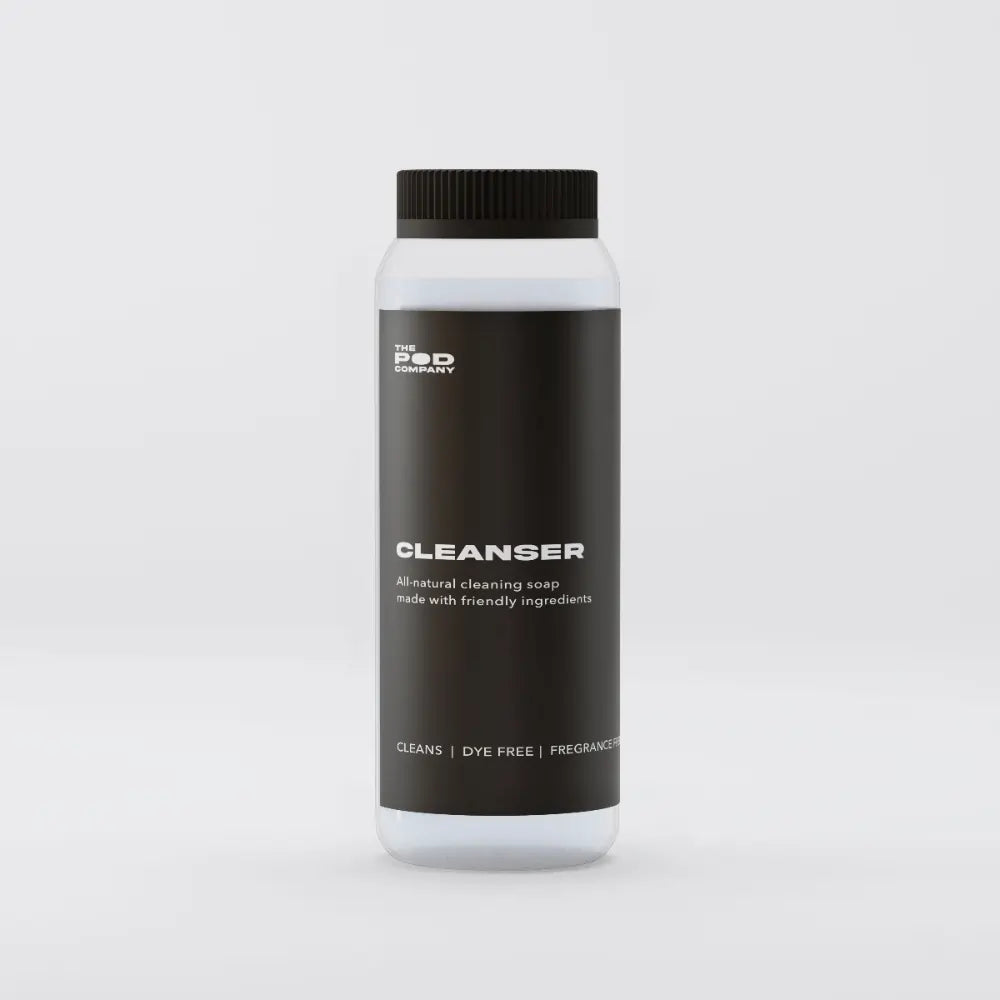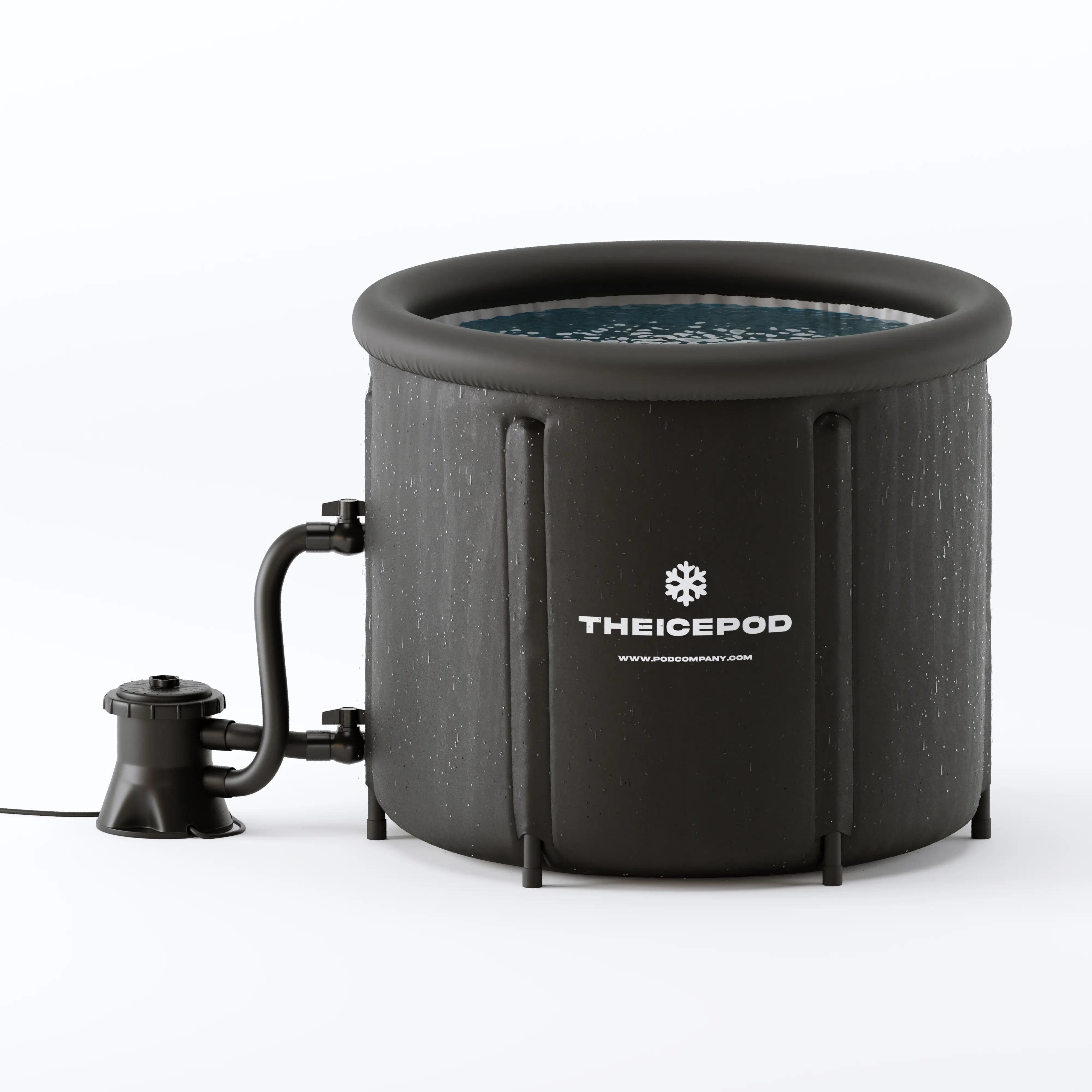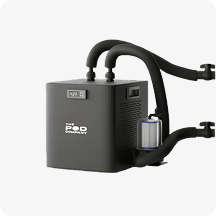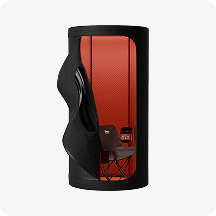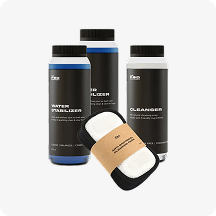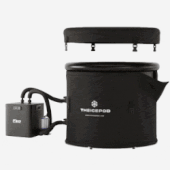Muscle soreness, particularly after an intense workout or a new exercise routine, is a common experience among fitness enthusiasts and beginners alike. Understanding the duration and the nature of this soreness can help manage expectations and optimize recovery strategies.
Understanding Muscle Soreness
Muscle soreness that appears after physical activity is typically known as Delayed Onset Muscle Soreness (DOMS). This type of soreness arises from micro-damages to muscle fibers and the surrounding tissues, which are essential for building stronger muscles.
Duration of Muscle Soreness
The duration of muscle soreness can vary based on several factors including the intensity of the workout, the type of exercises performed, and an individual's fitness level and recovery rate. Typically, muscle soreness begins within 6 to 12 hours after the activity, peaking around 24 to 72 hours post-exercise. After reaching its peak, the soreness gradually subsides and should completely resolve within 3 to 5 days without requiring medical intervention.
Factors Influencing Soreness Duration
- Exercise Intensity and Volume: Higher intensity and volume can increase the extent of muscle damage, leading to more pronounced soreness.
- Type of Exercise: Eccentric exercises (like downhill running, slow weight lifting) typically result in more soreness compared to concentric exercises.
- Hydration and Nutrition: Proper hydration and nutrition can aid in quicker recovery and may reduce the duration of soreness.
- Sleep and Rest: Quality sleep and adequate rest are crucial for muscle repair and can significantly impact the recovery time.
Managing Muscle Soreness
While muscle soreness is typically a sign of your body adapting to exercise, managing it effectively can help maintain a regular exercise schedule.
- Active Recovery: Engaging in low-intensity exercise like walking or light stretching can enhance blood flow and reduce the duration of soreness.
- Proper Nutrition: Consuming proteins and antioxidants can help repair muscle tissues and reduce inflammation.
- Hydration: Staying hydrated is essential for optimal muscle function and recovery.
- Cold Therapy: Applying ice packs or taking cold baths shortly after your workout can help reduce inflammation and numb sore muscles.
When to See a Doctor
Muscle soreness is generally not a cause for concern; however, if the pain becomes debilitating, lasts for more than a week, or is accompanied by severe swelling, it may be indicative of more severe damage such as a muscle strain or rhabdomyolysis.
Conclusion
Understanding the typical duration and the underlying factors affecting muscle soreness can greatly assist in managing and alleviating it effectively. By employing strategies like active recovery, proper nutrition, and hydration, you can help ensure that muscle soreness is nothing more than a temporary discomfort on the path to greater fitness.



